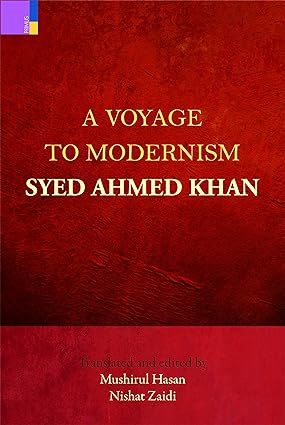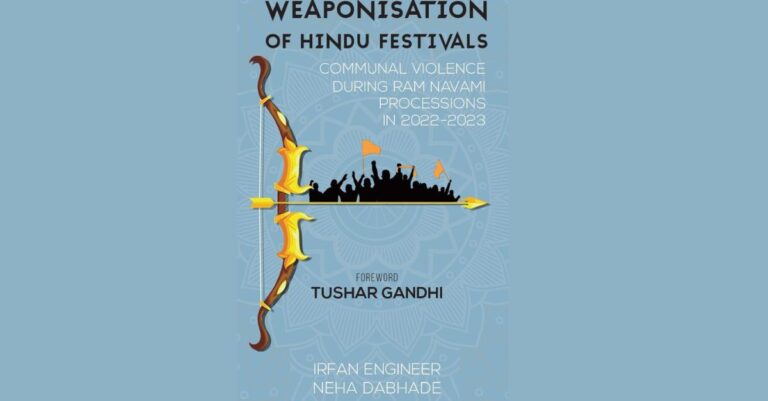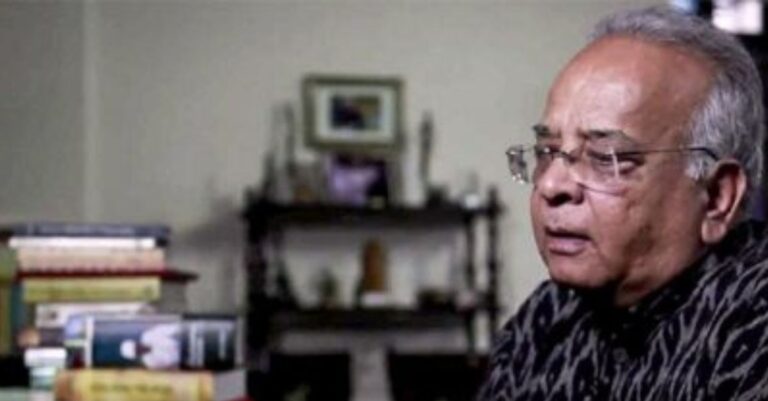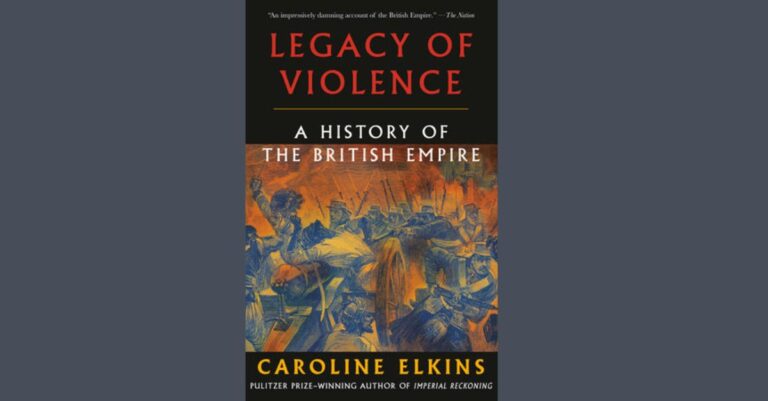A Voyage to Modernism: Syed Ahmed Khan
Trans. & Ed. by Mushirul Hasan & Nishat Zaidi
Primus Books (2011)
New Delhi.
Hardback.
Rs.950/-

India got political modernity through colonialism. Colonial modernity (governmentality) emerged as a game-changer. The revolt of 1857 broke the backbone of not only Muslim elites but also all those social groups which were dependent upon the elites. Vivid descriptions of economic and cultural breakdown can be read in various academic and literary works. It was in this context that Syed Ahmad, the visionary behind what is now Aligarh Muslim University, lived, worked and above all dreamt of a better future for the Muslim community living in the subcontinent.
Syed Ahmad Khan (1817-1898) witnessed the turmoil of the 1857 uprising firsthand. He belonged to a well-educated family and was working in the United Provinces when the uprising unfolded. His own property in Delhi was pillaged, leading him to foresee that the aftermath of this revolt would lead to increased discrimination against Muslims in what was now British India. His apprehensions were gradually materialising, as the British authorities selectively targeted those who had participated in the Revolt, resulting in a higher number of Muslims being punished compared to Hindu rebels.
Syed Ahmad was able to sense all these developments while also observing that Muslim elites were more reluctant to accept a newer political reality in front of them.
In 1869, he took a leave from his official work and went for a voyage to England with his son Syed Mahmud. Mahmud had to enrol at Cambridge University, and Syed Ahmad was curious to explore this distant land. It was a voyage that would change his life— a voyage that would change the fate of Muslims in North India. This voyage to England was actually his voyage to modernism. It opened new vistas before him.
Saint Augustine once said, “The world is a book, and those who do not travel read only one page.” This journey of seventeen months was compiled by Maulvi Muhammad Ismail Panipati and was published as Safarnama-i-Musafiran-i-Landan in 1960. This book is the English translation of Islmail’s Urdu text along with a few other documents.
The account is arranged chronologically, giving readers the impression that they are also travelling with Syed Ahmad. These letters give us a peek into the delicacies, sartorial elegance, aesthetic buildings, scenic gardens, magnificent roads, clumsy colonial powers and profound education as experienced by Syed Ahmad. He was enthralled by his visit to Paris and compared it with his close-to-heart Delhi! We find in these letters that Syed Ahmad was recalling past, observing present and dreaming of a future.
The Introduction chapter sets the tone of the book and places this translation within the wider scholarship around the colonial history of India, the history of Muslims in north India, travelogues, and the encounter between the East and the West. It is this encounter of a Muslim individual with a Christian culture that changes the mental make-up of Syed Ahmad. By the time he returned to India, he was a man of vision and mission.
“The real voyage of discovery consists not in seeking new landscapes,” said Marcel Proust, “but in having new eyes.” Syed Ahmad looked at India with these newly acquired eyes. This voyage later evolved into the Aligarh Movement, a movement which till today lays emphasis on cultivation of not only mind (thought) but also soul (virtues).
He was so overwhelmed by watching the scenic beauty, boarding houses, civic values, sports’ facilities, intellectual clime and friendly relations between teachers and students of Cambridge University that he himself wanted to set-up something similar in the United Provinces. In 1875 he set up MAO College and appointed Theodore Beck, an alumnus of Trinity College, as its (second) Principal. With time, MAO College got recognised as a ‘Muslim Cambridge’ and in 1920 it became Aligarh Muslim University.
Many misconceptions continue to exist around the Aligarh movement, despite serious interventions made on this by various scholars. Unfortunately, most of these writings have not considered the viewpoint of B. R. Ambedkar’s Communal Deadlock and a Way to Solve it (1945) about the Partition of India.
The diary entries of the travelogue under review throw some light on these aspects as well. But two points must be made clear: first, the importance of modern education, and second, inter-faith dialogue.
For Syed Ahmad, modern education entailed not only accepting modern philosophy of life but also seeking a more nuanced version of ‘representative democracy’. He argued persistently among his contemporaries that modern education is not against the principle tenets of Islam. Modern education, for him, involved both change in attitude towards life and everyday mannerisms. If it gives jobs in colonial state machinery, it also opens one’s mind towards science and technology.
The second most important point which this travelogue makes is the importance of having dialogue and studies across religions. Muslims should study non-Muslim societies; there is no shame in learning from various cultures. Syed Ahmad wanted Muslims in India to study and learn from Christians within India as well as across the world. Garcin de Tassy approved of the commentary of the Bible by Syed Ahmad and called it ‘informative’, ‘interesting’ and a ‘synthesis of Eastern and Western learning and scholarship.’
Promoting social harmony among all religious groups was the keynote of Syed Ahmad’s mission. He once wrote, “A life devoted to good deeds is better than a thousand acts of devotion and piety.” The Aligarh movement and the University are living examples of this humanitarian orientation.
This translation is a valuable addition to the scholarship on Syed Ahmad and his Aligarh Movement. It will lead scholars to consult his letters and excavate fresh insights. This Voyage to Modernism was equally a voyage to cosmopolitanism. Social inclusion and pluralism are the hallmarks of an open mind. Syed Ahmad’s contributions in this regard deserved a large audience, and he has finally received it through this timely translation.




